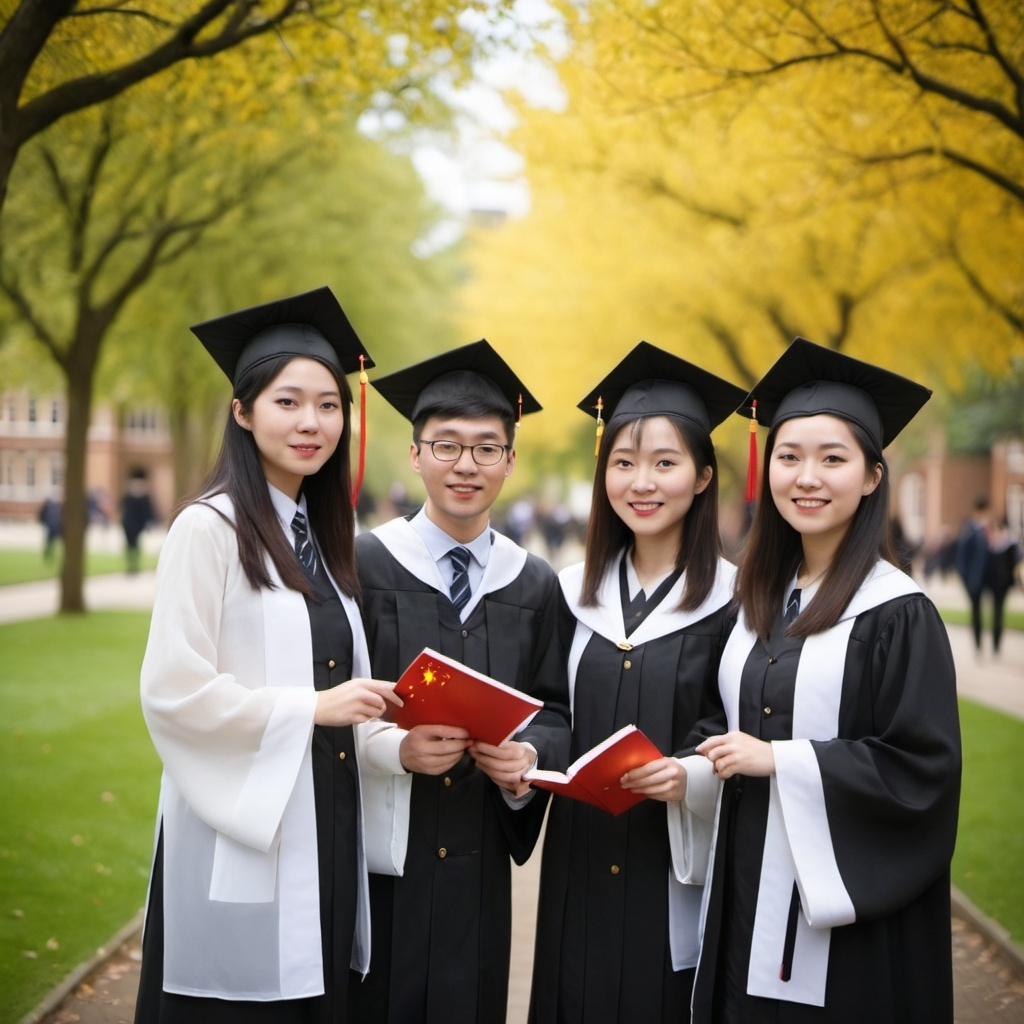Access to quality education in the UK has traditionally been limited for students from underrepresented countries. Scholarships specifically designed for these students play a crucial role in breaking down barriers and promoting diversity in higher education. This discussion explores the various scholarships available, their impact, and the initiatives aimed at increasing accessibility for students from underrepresented backgrounds.
1. Types of Scholarships Available
- University-Specific Scholarships: Many UK universities offer dedicated scholarships for students from specific underrepresented countries or regions. Examples include the University of Manchester’s Global Futures Scholarship and the University of Edinburgh’s Edinburgh Global Research Scholarships.
- Government-Funded Scholarships: Programs like the Chevening Scholarship and Commonwealth Scholarships specifically target students from developing countries, providing full funding for postgraduate study.
- Non-Governmental Organizations (NGOs): Several NGOs and foundations, such as the Gates Cambridge Trust, offer scholarships to students from underrepresented regions, aiming to foster global talent.
2. Criteria and Application Process
- Eligibility Requirements: Scholarships may focus on academic merit, financial need, or a combination of both. Applicants often need to demonstrate how their studies will benefit their home country.
- Application Tips: Providing guidance on crafting compelling personal statements, securing strong references, and highlighting community involvement can significantly improve applicants’ chances.
3. Impact on Student Diversity
- Enhanced Cultural Exchange: Scholarships for students from underrepresented countries contribute to a more diverse student body, enriching the cultural fabric of UK universities.
- Broader Perspectives: Increased representation allows for varied viewpoints in classroom discussions and collaborative projects, enhancing the educational experience for all students.
4. Challenges Faced by Applicants
- Awareness and Accessibility: Many students from underrepresented countries may not be aware of available scholarship opportunities. Improving outreach and information dissemination is essential.
- Financial Barriers: Even with scholarships, the cost of living in the UK can be a barrier. Support services that assist with budgeting and finding part-time work can be beneficial.
5. Support Services and Community Integration
- Mentorship Programs: Connecting scholarship recipients with mentors or peer support groups can help ease the transition to studying in the UK.
- Cultural Awareness Initiatives: Universities can implement programs to educate the broader student body about the challenges faced by international students from underrepresented backgrounds.
6. Success Stories and Case Studies
- Highlighting Impact: Sharing stories of students from underrepresented countries who have successfully obtained scholarships and thrived in their studies can inspire others and demonstrate the transformative power of education.
- Alumni Networks: Establishing strong alumni networks can create a support system for current students and foster ongoing collaboration between graduates and their home countries.
Conclusion
Scholarships for students from underrepresented countries are vital in making UK education more accessible and equitable. By increasing awareness, improving support services, and fostering a diverse academic community, the UK can continue to attract and empower talented individuals from around the world. As these initiatives grow, they not only benefit individual students but also enrich the educational landscape as a whole.
4o mini



